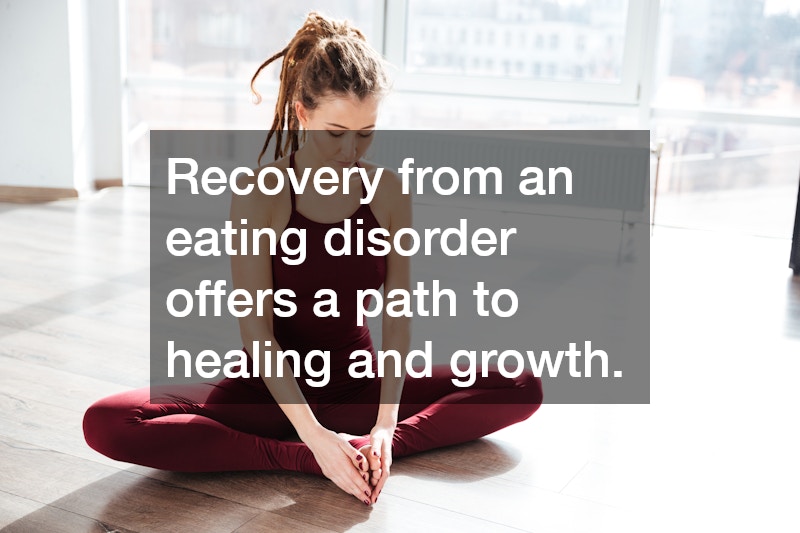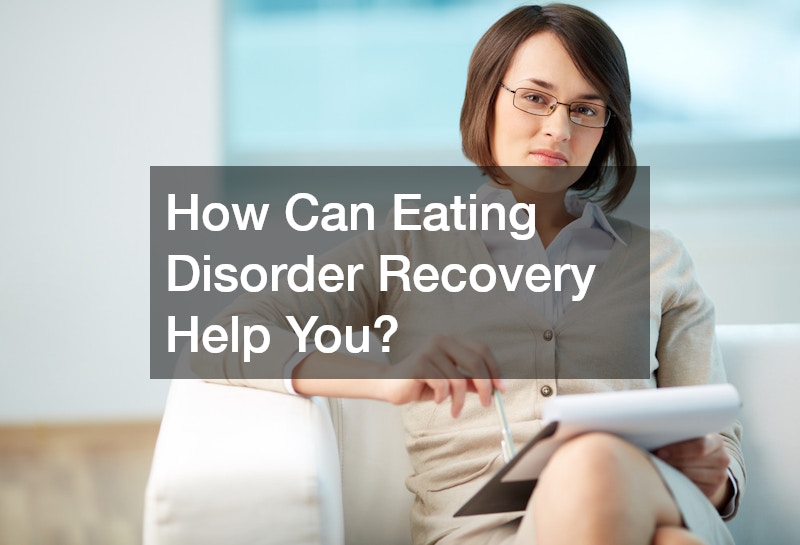Disclaimer: Life Cover Guide. This site provides family & home content for informational purposes only.
Recovering from an eating disorder can be life-changing, allowing you to regain control over your health and well-being while reshaping your relationship with food, your body, and your mental health. The journey to recovery may not be easy, but the benefits extend far beyond simply improving your physical health. From emotional growth to better relationships, achieving freedom from an eating disorder can transform various aspects of your life. Below, we explore how recovery can help you on multiple levels.
1. Improved Physical Health
The most immediate benefit of recovering from an eating disorder is the restoration of your physical health. Disordered eating habits—whether they involve restricting food, binge eating, or purging—can take a severe toll on your body.
Malnutrition, electrolyte imbalances, weakened immunity, and organ damage are just a few potential consequences of living with an eating disorder. Over time, these physical consequences can lead to more severe, long-lasting health issues.
By committing to recovery, you allow your body to heal. Nutritional rehabilitation helps restore balance, ensuring that you get the nutrients your body needs to function properly. This process can result in improved energy levels, a strengthened immune system, better sleep, and even the healing of damage done to organs and tissues. While physical recovery is often the first step in the process, it sets the foundation for overall well-being.
2. Mental and Emotional Healing
Eating disorders are not just about food; they are complex mental health conditions that often stem from emotional pain, trauma, or the need for control. They are commonly linked with anxiety, depression, and low self-esteem. Recovery involves addressing these underlying psychological factors through therapy, whether it’s cognitive-behavioral therapy (CBT), family-based therapy, or another form of treatment.
As you work through recovery, you gain the tools needed to cope with negative emotions and develop healthier ways to manage stress and anxiety. This emotional healing leads to greater mental clarity and stability. No longer consumed by obsessive thoughts about food, weight, and appearance, you can redirect your mental energy toward positive, fulfilling aspects of life.
3. A Healthier Relationship With Food
One of the most significant transformations that occurs during eating disorder recovery is developing a healthier relationship with food. For many people, food becomes the enemy—something to be controlled, feared, or binged on as a way of coping with emotions. In recovery, you’ll learn to view food differently, seeing it as nourishment rather than something to control or fear.
By working with a nutritionist or dietitian, you can learn about balanced, intuitive eating. You’ll begin to understand your body’s natural hunger and fullness cues, allowing you to eat in a way that is both healthy and satisfying. Over time, this shift can take the stress out of eating and help you enjoy food without guilt or anxiety.
4. Restoring Self-Confidence and Body Image
Poor body image and low self-esteem are often at the core of eating disorders. Many individuals with an eating disorder struggle with perfectionism, feeling the need to look a certain way to feel worthy or accepted. Part of recovery involves challenging these distorted beliefs and learning to appreciate your body for what it can do rather than focusing solely on how it looks.
Therapists specializing in eating disorder recovery often use body image work to help individuals reshape their perceptions of themselves. As you progress in recovery, you may find that you feel more confident, less critical of your body, and more accepting of your natural shape and size. This newfound self-confidence can improve your overall quality of life, helping you pursue your passions without being held back by insecurities.
5. Improved Relationships
Eating disorders can severely strain relationships with family, friends, and romantic partners. The secrecy, shame, and isolation that often accompany these disorders can make it difficult to maintain healthy connections with others. Social situations, particularly those involving food, can become anxiety-inducing, leading some individuals to avoid gatherings altogether.
In recovery, as you begin to heal, you’ll likely notice improvements in your relationships. Therapy often involves family members and loved ones, helping them understand your struggle and how they can support you. As you become more open about your journey and let go of the shame associated with the disorder, you can rebuild trust and foster more meaningful connections. This can help reduce feelings of loneliness and isolation, making it easier to reengage in social activities.
Recovery from an eating disorder offers a path to healing and growth, allowing you to regain your health, emotional well-being, and control over your life. From restoring physical health to building stronger relationships and finding new passions, the journey to recovery brings profound and lasting benefits. Overcoming an eating disorder is challenging, but the rewards—freedom, confidence, and a renewed sense of purpose—are well worth the effort. With help from Eating Disorder Freedom, you will see a path to recovery.
.







